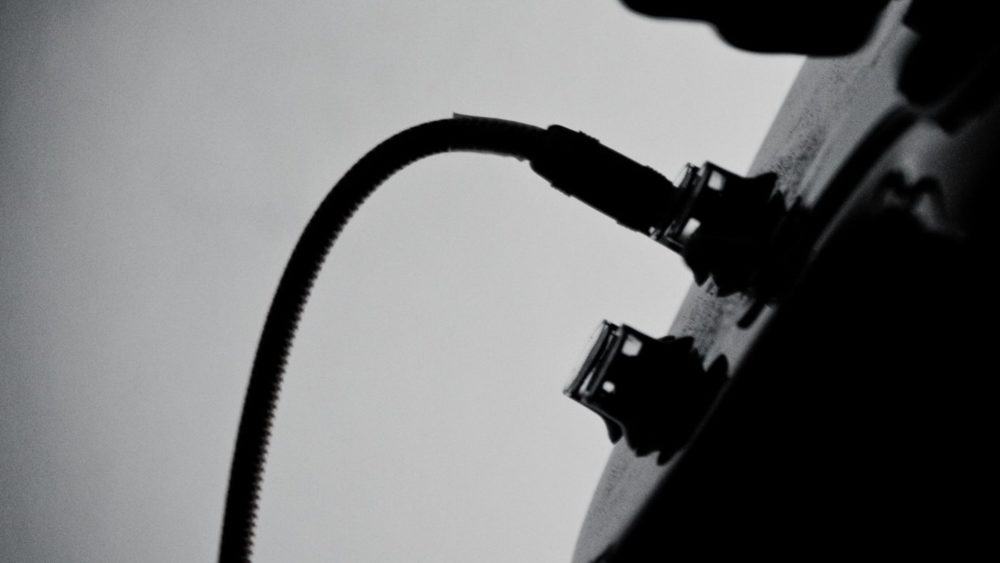This month’s Fast Company magazine has a great feature on unplugging from the internet. I particularly enjoyed Baratunde Thurstone‘s piece on how he disconnected from the web for several weeks.
So what prompted this sudden change of behaviour? Particularly significant for a man so famously and continuously connected to multiple forms of social media?
In his own words:
Physically, mentally, digitally, I refused to stay still. I published my book. I toured hard for my book. One week, I hit seven cities in five states across three time zones, employing three airlines, two hotel chains, and one friend’s couch. My life became so mobile I gave up the lease on my apartment. I quit my job at The Onion. I started a company. I worked for the Obama campaign, survived walking home through Hurricane Sandy, and live-hate-tweeted the final installment of the Twilight movie saga (someone had to!).
He was so busy, he hired a friend to work as is personal assistant. And as a result:
Come November, after a short five months of employment, she politely informed me that I was becoming grouchy, perhaps even nasty, under the combined forces of my will, schedule, momentum, and addiction to constant connectivity. Indeed, I had begun to resent the emails and the mobile notifications, the many ways that an odd and wide assortment of people dared to enter my life. Something drastic was required.
And something drastic was done! He unplugged from all internet and social media for 25 days. Rather than leave friends and work up in the air, he prepared the way for this disconnection and had his assistant manage his email in his “absence”.
What’s so interesting about this piece is both the obvious difficulty he experienced in extracting himself from the various online, connected services he relied on, but also the positive side to disconnecting that he immediately experienced: attending more to the here and now, the people present and the experiences right in front of his eyes.
Instead of taking photos of what he was doing, to share with thousands of strangers online, he concentrated on what he was doing and enjoyed it all the more.
He did, of course, return to using the internet after 25 days. But the experience appears to have changed how he interacts with the various services. Rather than jump in with both feet, he appears to have returned slowly and much more mindfully.
I returned to my plugged-in life, but less plugged in, and armed with new habits that flowed from four important realizations.
And these were?
Well, I won’t spoil the whole article for you – it’s well worth a read, particularly if like me you enjoy your time on various (too many?) social networks. I particularly liked this phrase:
The greatest gift I gave myself was a restored appreciation for disengagement, silence, and emptiness. I don’t need to fill every time slot with an appointment, and I don’t need to fill every mental opening with stimulus.
It can be difficult to realise how much time we spend “plugged in”, both at work and socially. While Baratunde’s experiment was at the extreme end of the scale, it’s worth considering how we can unplug regularly and put the buzz and hum behind us.
At least for a while.

